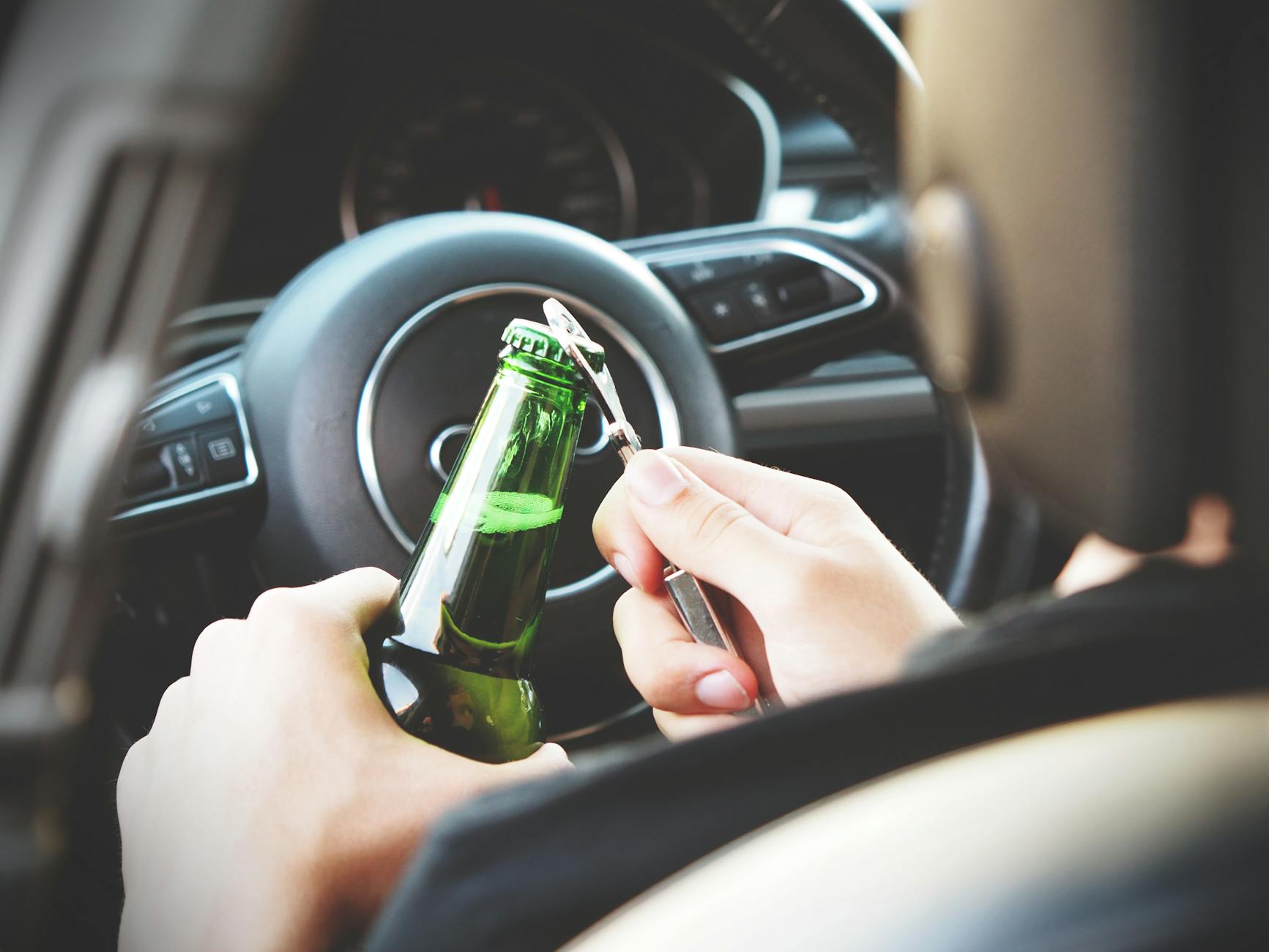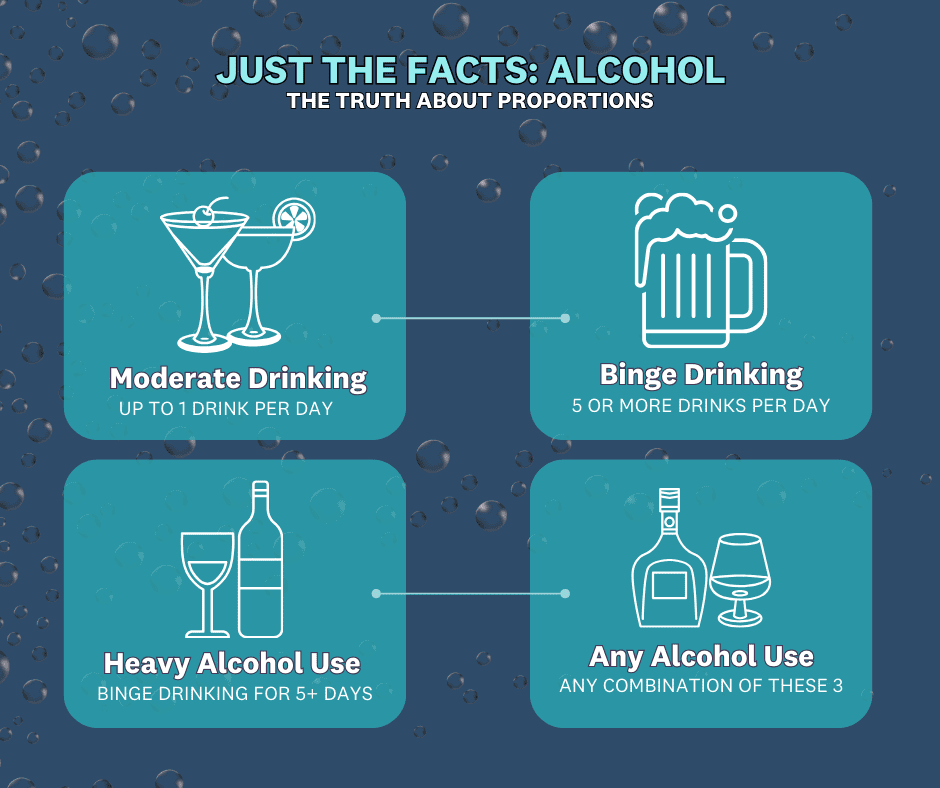Curious about how many beers it takes to get drunk based on your weight? Unlock the mystery and find out now!

Image courtesy of energepic.com via Pexels
Table of Contents
Have you ever wondered how many beers it takes to get drunk? This question is a common one, and the answer isn’t always straightforward. In this blog post, we will dive deep into the science behind alcohol metabolism, individual tolerance levels, and various factors that influence how intoxicated you may become after consuming alcohol. Let’s explore the intriguing world of alcohol and find out how many beers it might take for you to feel the effects.
Alcohol Metabolism
Alcohol metabolism is a complex process that occurs in the body after consuming alcoholic beverages. When you drink alcohol, your body works to break it down and eliminate it from your system. The rate at which this occurs can vary based on a variety of factors, including your age, sex, genetics, and overall health.
During alcohol metabolism, the liver plays a crucial role in processing the alcohol. Enzymes in the liver convert alcohol into acetaldehyde, a toxic substance that is further broken down into acetate and eventually eliminated from the body. The speed at which this process occurs can impact how quickly you feel the effects of alcohol.
Individual Tolerance Levels
One of the key factors that influences how many beers it takes for you to get drunk is your individual tolerance level to alcohol. Tolerance refers to your body’s ability to handle alcohol and can vary widely among individuals. Factors that can affect your tolerance include genetics, previous alcohol consumption, and even your mood or mindset while drinking.
If you have a high tolerance to alcohol, you may need to drink more beers to feel drunk compared to someone with a lower tolerance. It’s essential to know and understand your own tolerance level to alcohol to help prevent overconsumption and potential negative consequences.
Factors Affecting Intoxication
Several factors can influence how quickly you become intoxicated after consuming alcohol. One significant factor is your weight. Generally, the more you weigh, the less impactful alcohol will be on your body. However, this doesn’t mean heavier individuals can drink more without consequences, as tolerance levels can vary greatly.

Image courtesy of www.safeproject.us via Google Images
Gender also plays a role in how alcohol affects the body. Women typically have a higher percentage of body fat and a lower percentage of water than men, leading to a higher blood alcohol concentration (BAC) after consuming the same amount of alcohol. Understanding these differences can help individuals make more informed choices about their drinking habits.
Food intake can also impact how alcohol affects you. Drinking on an empty stomach can lead to faster absorption of alcohol into the bloodstream, increasing the likelihood of feeling intoxicated more quickly. Eating a meal before or while drinking can help slow down the absorption of alcohol and lessen its effects.
Conclusion
Understanding how many beers it takes to get drunk is a complex issue that involves various factors, including alcohol metabolism, individual tolerance levels, and other influences on intoxication. By being aware of these factors and making informed decisions about your alcohol consumption, you can help ensure a safe and enjoyable drinking experience.
Remember, it’s always essential to drink responsibly and know your limits when it comes to alcohol. By staying informed and aware of how alcohol affects your body, you can make smart choices about when to stop drinking and how to enjoy alcohol in moderation.
FAQs
Question 1: How does weight affect how many beers it takes to get drunk?
Answer 1: Weight plays a role in alcohol metabolism, as heavier individuals may feel less intoxicated after consuming the same amount of alcohol compared to lighter individuals.
Question 2: Can gender impact how alcohol affects the body?
Answer 2: Yes, as women typically have a higher percentage of body fat and lower water percentage than men, leading to a higher BAC after drinking the same amount of alcohol.
Question 3: What role does tolerance play in alcohol consumption?
Answer 3: Tolerance varies among individuals and can affect how many beers it takes to feel drunk. Higher tolerance levels may require more alcohol consumption to feel intoxicated.
Question 4: How does food intake affect alcohol absorption?
Answer 4: Eating before or while drinking can slow down alcohol absorption, helping to lessen its effects and reduce the likelihood of feeling intoxicated quickly.
Generated by Texta.ai Blog Automation
Leave a Reply